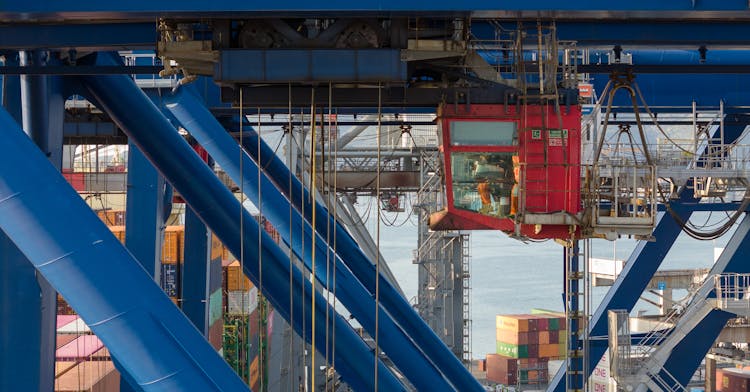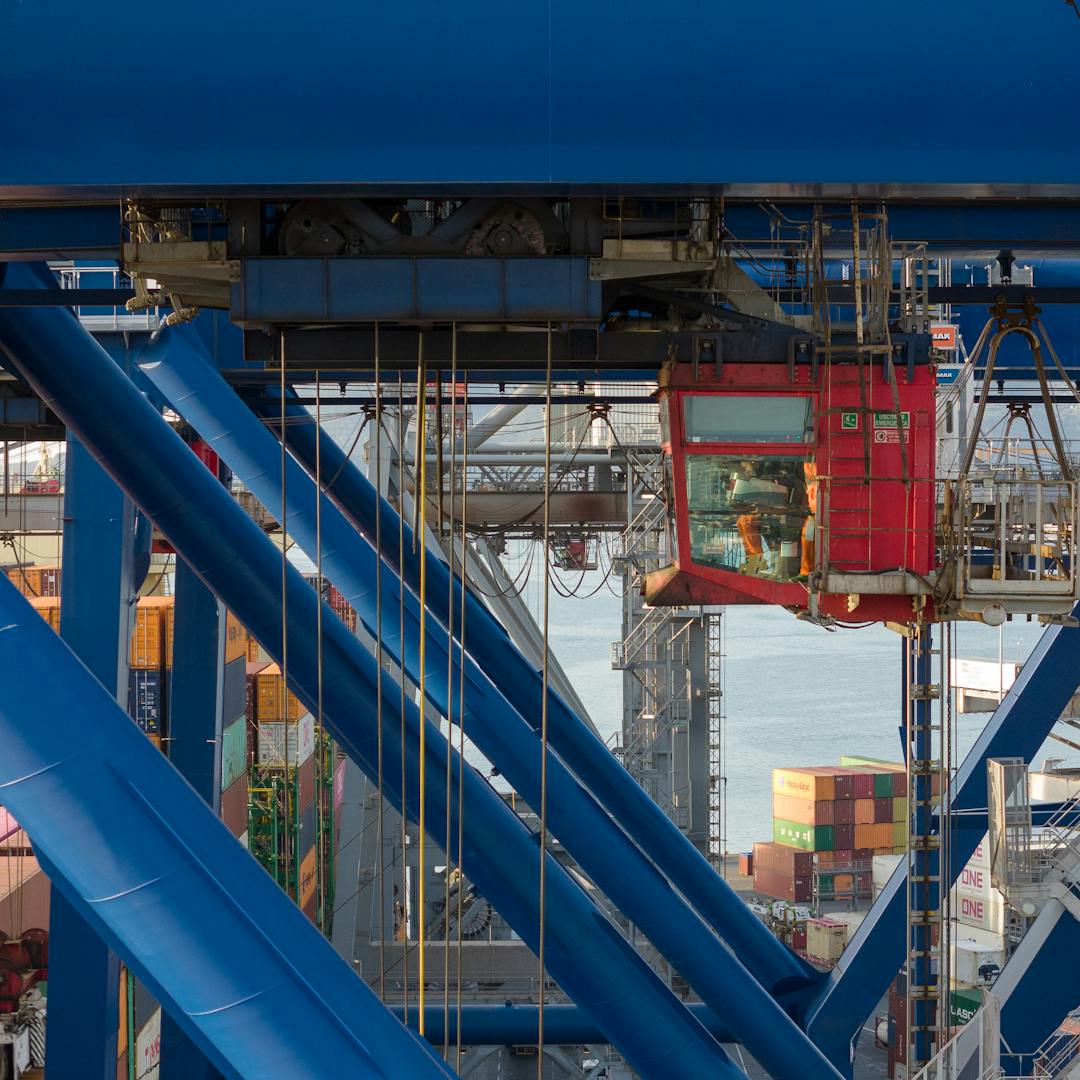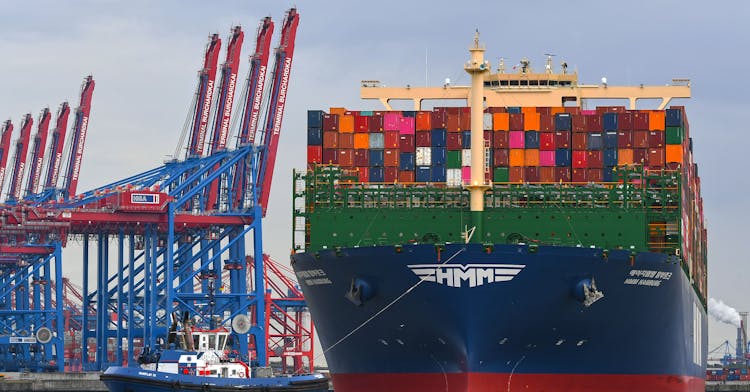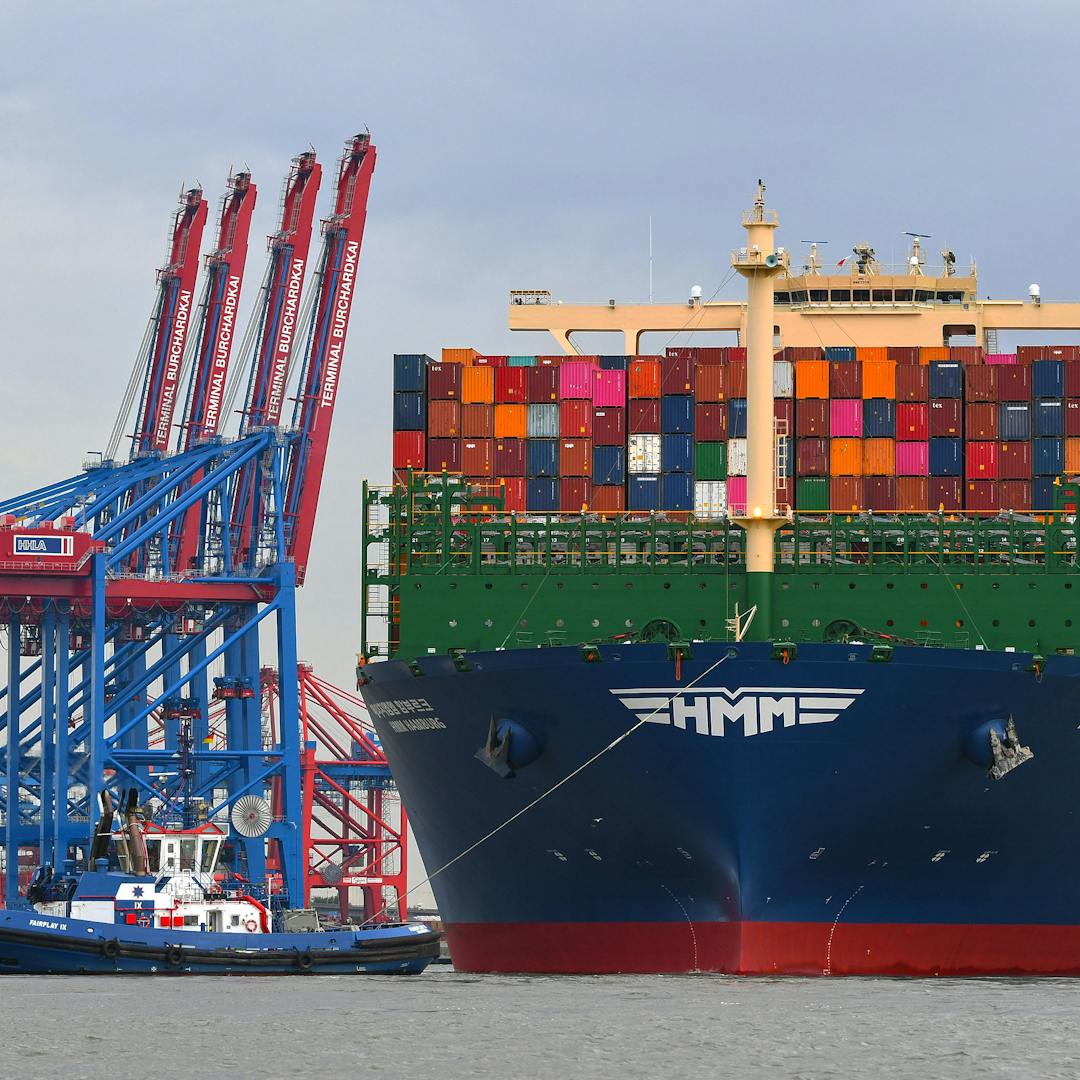AMSTERDAM, April 5, 2022
Digital Container Shipping Association (DCSA), a neutral, non-profit group established to further digitalisation of container shipping technology standards, in conjunction with its nine member carriers, today published beta releases of DCSA Standards for the Booking Process 1.0 and the Bill of Lading 2.0. In conjunction with these releases, the company unveiled a website where interested parties can go to review and provide feedback on beta versions of DCSA standards. The website is available at www.dcsa.org/feedback.The publication of booking process standards is the second step towards end-to-end digitalisation of the shipping documentation process after the publication of DCSA electronic bill of lading (eBL) standards. DCSA Standards for the Booking Process 1.0 will enable frictionless sharing of digitised shipping data, eliminating the need to rekey booking information into the eBL. DCSA Standards for the Bill of Lading 2.0 are aligned with DCSA booking process standards to enable automatic uptake of booking process data.As part of DCSA’s multi-year eDocumentation initiative, today’s publications bring the industry closer to a standardised, universally accepted electronic bill of lading, which will increase efficiency, enhance transparency, facilitate compliance and eliminate paper from international trade. Through this initiative, DCSA aims to facilitate acceptance and adoption of eBL by regulators, banks and insurers and to unify communication between these organisations and customers, carriers and all other stakeholders involved in a transaction.Standards release documentation
The standards publications released today comprise the following documents:- DCSA Standard for the Booking Process 1.0 beta
- DCSA Standard for the Bill of Lading 2.0 beta
- DCSA Interface Standard for the Booking Process
- DCSA Interface Standard for the Bill of Lading
- DCSA Industry Blueprint and DCSA Information Model
About DCSA
Digital Container Shipping Association (DCSA) is a neutral, non-profit group founded by major ocean carriers to digitise and standardise the container shipping industry. With the mission of leading the industry towards systematic collaboration, DCSA drives initiatives to make container transportation services transparent, reliable, easy to use, secure and environmentally friendly. DCSA’s open source standards are developed based on input from DCSA member carriers, industry stakeholders and technology experts from other industries. DCSA member carriers include: MSC, Maersk, CMA CGM, Hapag-Lloyd, ONE, Evergreen, Yang Ming, HMM and ZIM. Please download DCSA standards at dcsa.org.Connect on LinkedInMedia contact: [email protected]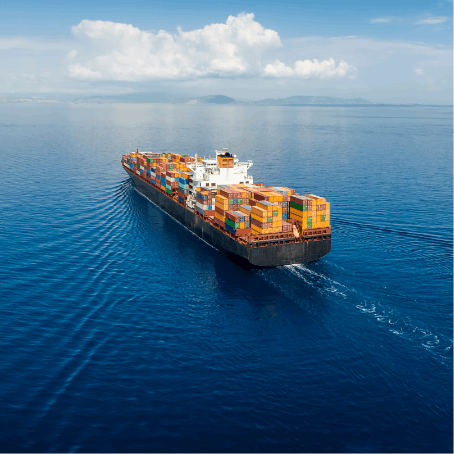
Digitalise the container shipping industry
At DCSA, we envisage a digitally interconnected container shipping industry in which customers have a choice of seamless, easy-to-use services that provide the flexibility to meet their business and sustainability goals.
